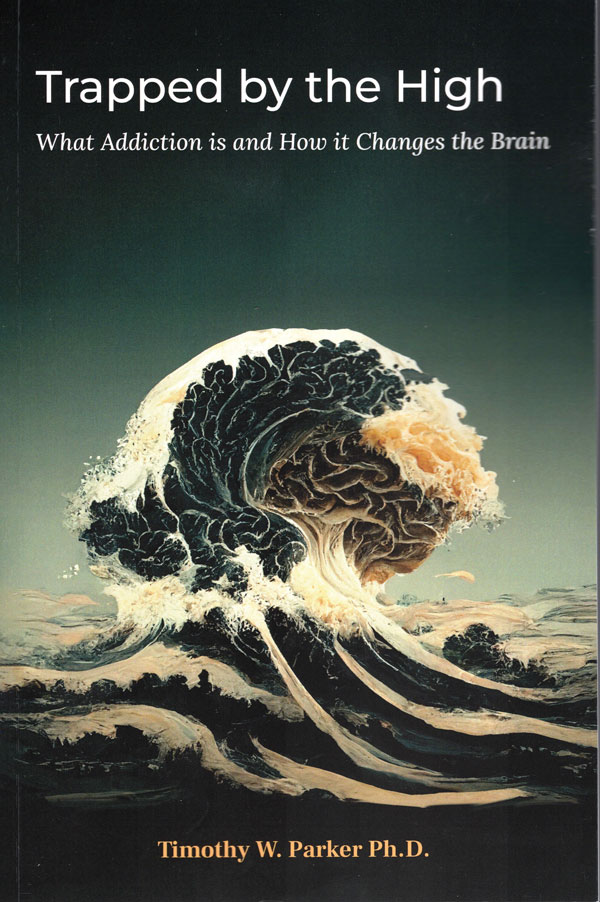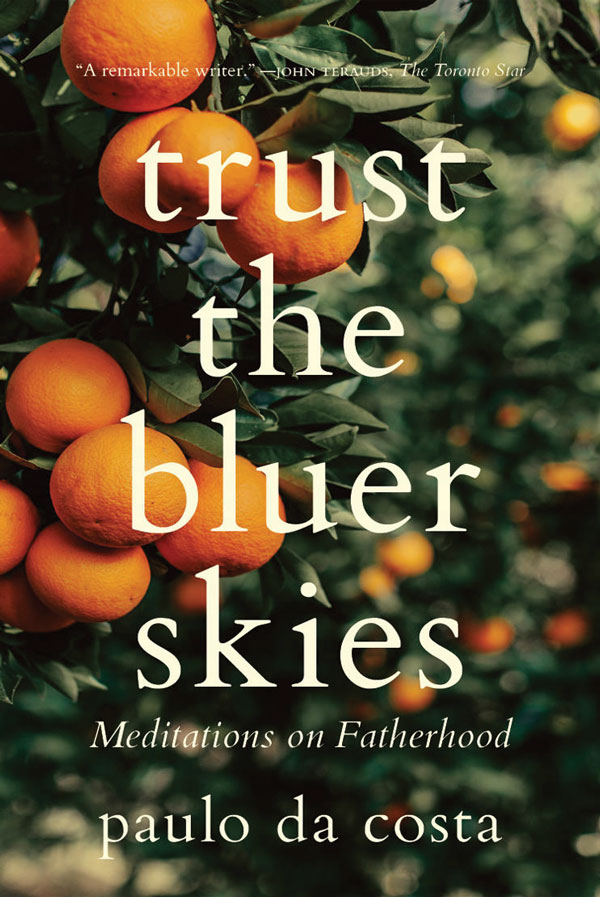
by Timothy W. Parker, published by Timothy W. Parker, 2023
Available from the author at: twparker@ualberta.ca
Timothy Parker’s new book on addiction is timely. Based in Camrose, Parker is a professor emeritus of psychology at the Augustana Campus of the University of Alberta. Just down the road, in Red Deer, the city council recently voted to close the city’s only overdose prevention clinic, and mayor Ken Johnston said the city would become “free of addiction.” The mayor needs to read Parker’s book, which outlines in detail how labelling addiction as a “lifestyle choice” is to “vastly oversimplify the issue.” With a focus on neuroscience, Parker explains that people can be addicted to drugs and alcohol but also sex, social media, work and buying stuff. Banning all this is futile, says Parker—science shows the best public response to addiction is harm reduction.
“I brought you from urban Canada to the village of my childhood to experience a taste of something that is dying,” writes paulo da costa to his young son Koah early in this evocative account of their journey in the Cambra hills in rural Portugal. Writing a series of letters to his child, “intended to be read while navigating your young adult years,” da costa interweaves his own experience with that of his young son. “As you will, I have vivid memories of this yard,” he writes. Together they notice “glistening black slugs” and “rowdy motorbikes.” They eat well. And the sadness of mortality lingers. When an uncle leaves them at an airport in Portugal at the end, da costa writes, “Your gaze remains suspended in time, even after his outline disappears and there is only an empty revolving door.”
______________________________________


